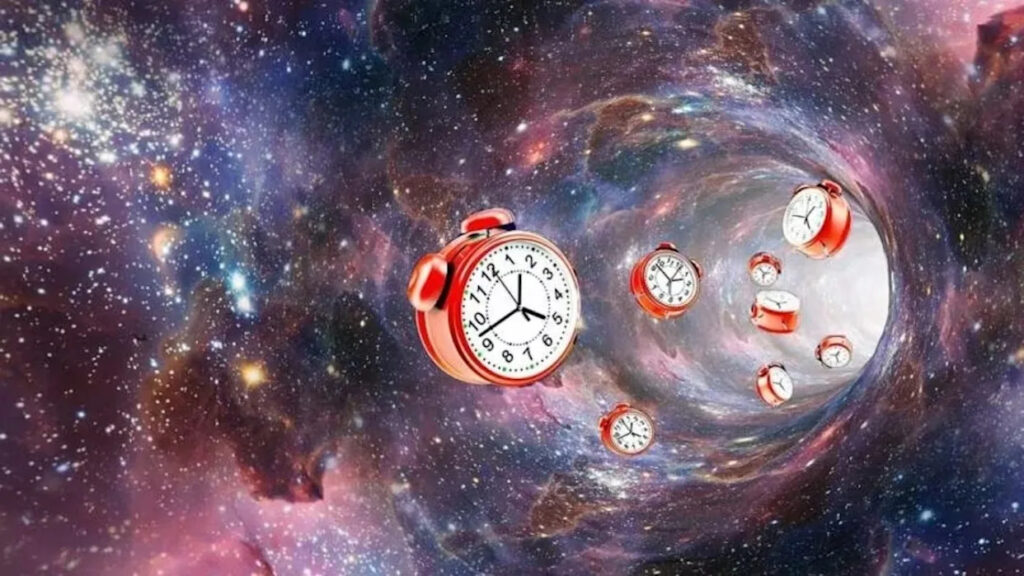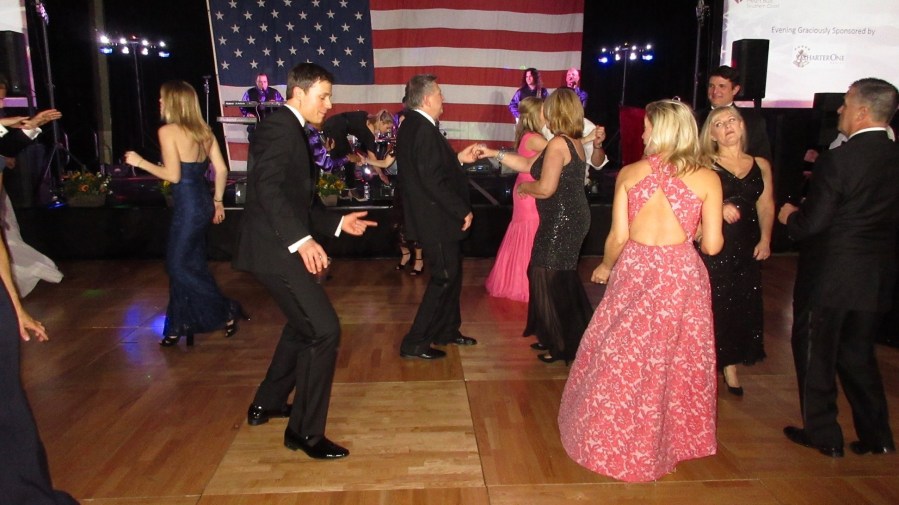
The possibility of time travel, a concept often relegated to science fiction, remains a topic of serious scientific inquiry. Physicist Adi Foord from the University of Maryland, Baltimore County, explains the scientific principles underpinning the idea of moving across time, a notion that has fascinated humanity for centuries.
Time travel involves moving between different points in time, akin to traveling through space. In popular culture, characters often utilize advanced technology, such as time machines or other fantastical devices, to navigate the temporal landscape. Yet, the question looms: is time travel merely an imaginative construct, or could it have a basis in reality?
Understanding Time and Physics
The concept of time’s reversibility is one of the most perplexing inquiries in modern science. According to the second law of thermodynamics, processes in the universe tend to progress towards greater disorder. This law suggests that once time has moved forward—much like how one cannot unscramble eggs—the universe cannot revert to a previous state. Thus, time is perceived as a one-way journey, moving solely forward.
In contrast, Albert Einstein‘s theory of special relativity introduces a different perspective. It posits that time is not constant but relative. For instance, an individual traveling in a spacecraft at speeds approaching the speed of light—approximately 671 million miles per hour—would experience time at a slower rate than someone on Earth. Although current technology does not allow for such velocities, astronauts aboard the International Space Station travel at speeds around 17,500 mph.
This phenomenon was notably illustrated by Scott Kelly, who spent 520 days in space. His experience allowed him to age slightly more slowly than his twin brother, Mark Kelly. Initially, Scott was 6 minutes younger than Mark, but due to the effects of time dilation, he is now 6 minutes and 5 milliseconds younger.
Theoretical Concepts and Paradoxes
While scientists continue to explore the possibility of time travel, intriguing theoretical concepts have emerged. One such idea involves wormholes, hypothetical passages through space that could provide shortcuts between distant points in the universe. If a wormhole could be created and one end moved at speeds close to light, it might allow for temporal travel. However, the existence of wormholes remains purely theoretical, and significant challenges exist in creating one capable of safely transporting humans.
Moreover, the concept of time travel is riddled with paradoxes. The well-known grandfather paradox exemplifies the complexities involved. If an individual were to travel back in time and inadvertently prevent their grandparents from meeting, they would create a scenario in which they could never have existed to make that journey in the first place.
Famed physicist Stephen Hawking humorously addressed the possibility of time travel by hosting a dinner party, the invitation to which was sent after the event had occurred. His intention was to see if anyone from the future would attend, but ultimately, no guests arrived. He concluded that the absence of time travelers in the present day serves as compelling evidence against the feasibility of time travel.
Interestingly, astrophysicists utilize powerful telescopes as a unique form of time travel. By observing distant galaxies and stars, they are effectively looking back in time. The light emitted by these celestial bodies takes millions to billions of years to reach Earth, allowing scientists to study the early universe. The James Webb Space Telescope, for example, is capable of examining galaxies formed shortly after the Big Bang, approximately 13.7 billion years ago.
While the dream of having tangible time machines akin to those depicted in films remains distant, the scientific community continues to engage in research and exploration of time-related concepts. Until such advancements occur, the allure of time travel will likely continue to thrive in literature, cinema, and the imaginations of curious individuals.







